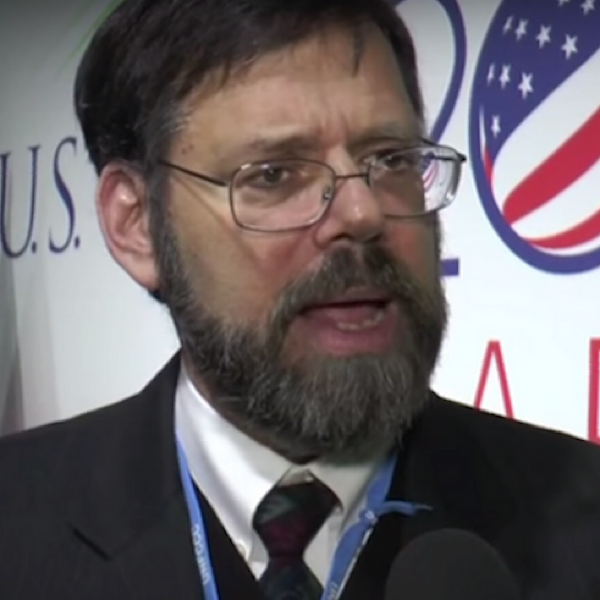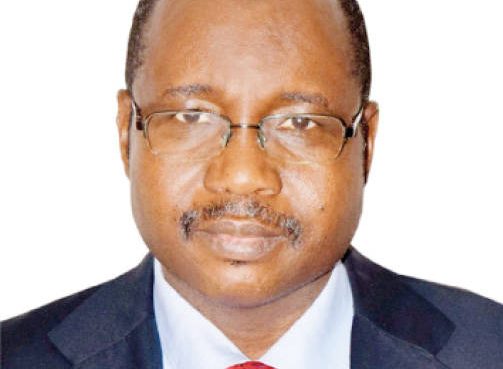As the world moves to tackle climate change, the International Oil Companies (IOCs), which insist on ramping up production of fossil fuels in Africa may face the risk of regulatory action from the United States, the country’s Deputy Special Presidential Envoy for Climate, Jonathan Pershing, has said.
If the US makes good its threat, it will be a major blow to Nigeria, Angola, Congo and other oil-producing countries in Africa, which have intensified efforts to attract foreign investors to fund major hydrocarbons projects on the continent.
This is coming as the Organisation of Petroleum Exporting Countries (OPEC) and its allies, OPEC+, are considering going beyond the existing deal to boost production by 400,000 barrels per day (bpd) when it meets tomorrow (Monday).
In August, President Muhammadu Buhari finally signed the Petroleum Industry Act (PIA) to spur competition in the sector as well as attract foreign investments.
But with the position of the US, many of the expected funding for Nigeria’s fossil fuels may be stranded since oil companies would be circumspect about putting their dollars in the upcoming projects.
Western fossil fuel companies planning to develop new projects in Africa would then need to consider the significant risk of regulatory action vis-à-vis the returns on investment in Africa.
Speaking from South Africa, the US envoy urged western investors to consider whether fossil fuels were a good commercial opportunity anymore in Africa or anywhere else.
“There’s a risk of regulatory … and financial activities, and I believe that’s getting more and more explicit. If you are a company looking to invest in oil and gas, you have to ask yourself…‘am I going to be left with a stranded asset?’ I would not bet very strongly on a fossil fuel future,” he said.
Pershing, who was speaking at a virtual media briefing, after being asked about the current rush by western oil and gas companies to develop deposits in Africa, noted that even China had committed to stop building overseas coal plants.
Africa accounts for just 3.8 per cent of greenhouse gas emissions, according to the non-profit Carbon Disclosure Project, but Pershing noted it was the fastest-growing continent.
It could, he said: “leapfrog” older carbon-based technologies and embrace renewables, just as it skipped wired telecoms in many places and went straight for wireless.
“Africa doesn’t need to move in the direction of the West’s high-carbon intensity. It can move directly beyond that,” he said.
His comments came despite the United States itself being a major producer and exporter of oil and gas, with recent growth driven by output from shale fields, a Reuters report said.
The US envoy is visiting several African countries as part of efforts to raise global climate ambition ahead of the United Nations COP26 Climate Summit in Glasgow, Scotland next month.
African nations are seeking financial assistance from the West to switch to renewables.
On Tuesday, South Africa, the continent’s biggest greenhouse gas emitter and the world’s 12th largest, owing to its reliance on coal-fired power, told the envoy that it needed major support for its energy transition.
In the new PIA, Nigeria is devoting as much as 30 per cent of the proposed Nigerian National Petroleum Corporation (NNPC) Limited’s profit oil and profit gas, to crude exploration in the frontier basins.
Speaking recently on why Nigeria continued to focus on a seemingly irrelevant resource, the Minister of State for Petroleum Resources, Chief Timipre Sylva as well as the NNPC Group Managing Director, Mallam Mele Kyari, had noted that the idea was to get as much oil as possible from beneath the ground before it becomes useless.
Most of the big IOCs like Royal Dutch Shell, Mobil, Chevron which operates in the United States also have major investments in Nigeria and could withdraw funding for Nigerian hydrocarbons if threatened in that country.
OPEC Mulls Oil Quota Hike as Supply Tightens
Meanwhile, OPEC and its allies OPEC+ are considering going beyond its existing deal to boost production by 400,000 barrels per day (bpd) when it meets tomorrow (Monday).
At a time oil prices are near a three-year high and consumers are pressing for more supply, OPEC and its allies led by Russia will seek to review the output policy of the alliance.
In July, the group agreed to boost output by 400,000 bpd a month to phase out 5.8 million bpd in cuts, which were embarked upon in April last year after prices collapsed due to the COVID-19 pandemic.
Reuters quoted four OPEC+ sources as saying that producers were considering adding more than that deal envisaged, with one source suggesting that an increase of 800,000 bpd for one month was possible, with zero the next month.
The nearest month any increase could occur is November since the producers’ last meeting decided the October volumes.
“We cannot exclude any option,” one of the OPEC+ sources said.
The idea that the oil market might need more oil than the existing deal planned for was “one of the possible scenarios,” said another source.
Although there had been insinuations that the cartel will most likely stick to the existing plan, it was not immediately clear what prompted the change of tone, but it followed a meeting of the OPEC+ Joint Technical Committee (JTC) which reviewed the market outlook and reduced the size of an expected supply surplus in 2022.
On Tuesday, Brent oil rose to a three-year high above $80 a barrel, boosted by unplanned outages in the United States and a strong recovery in global economic activity and energy demand as many countries emerge from the pandemic, but fell on Friday to $79.28.
Rising oil, gas, coal, and power prices are feeding inflationary pressures worldwide and slowing the recovery.
Energy ministers from OPEC members Iraq, Nigeria, and the United Arab Emirates said in recent weeks the group saw no need to take extraordinary measures to change the existing agreement, but that could be altered tomorrow with the latest change of tone.
Source: Thsday










